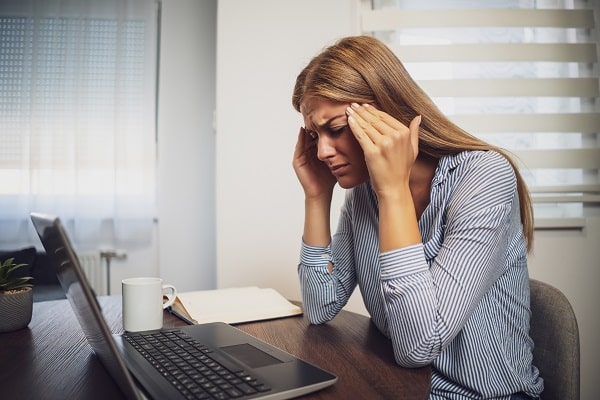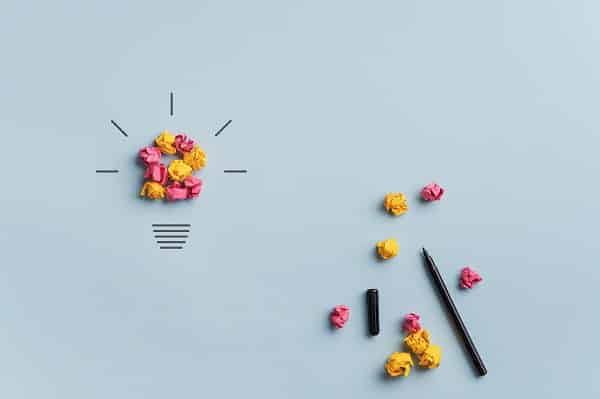Most desk jobs require sitting for long hours at the same desk. As a result, people have shifted to a sedentary lifestyle with little or no physical activity. Sitting all day in the long term increases the risk of cardiovascular diseases, blood pressure, and even early death. Conversely, taking regular breaks at work helps improve concentration, focus and lowers health risks, posture problems, vision issues, and stress.
Contents
Breaks Help!

A recent study found that 50% of employees who took frequent, short breaks increased their performance by 33%. They were able to deal with a large number of clients and provide them with accurate information. Taking breaks during work also helps in readjusting posture. When employees don’t take breaks, they get bored at their desks and tired of staring at the computer screen, making it monotonous for them.
Find out why breaks are essential at work and how effective it is for everyone to take frequent breaks.
How Breaks Benefit Health
Circulation

Sitting all day at your desk for hours obstructs blood circulation. It affects overall health, and poor blood circulation causes many health problems, such as hair loss, acne, joint and muscle pain, obesity, poor concentration, low metabolic rate, muscle cramps, etc. A 15-minute break every 2 hours helps improve blood circulation and prevent these health problems.
Stress

Working on a single task for an extended time affects physical health. It poses anxiety attacks, mental burnouts, breakdowns, memory problems, chronic stress, and mild cognitive impairment. To avoid feeling pressure from sitting in the same place and maintaining a rigid posture, stretching muscles can help. Allow your mind to calm down and wander around. It is necessary to take a short break to energize the mind, have a new perspective on a task, and change in the environment improves concentration and focus.
Health Risks

Sitting and working at the same desk for hours can be slogging. Lack of physically active jobs increases the chances of diabetes, cardiovascular diseases, and risk of early death. It sometimes leads to excessive drinking and eating, leading to stroke, excess cholesterol, heartburn, etc. It is recommended to take a break, do some breathing and stretching exercises, and eat a healthy snack like fruit.
Vision

With everything digitizing, people face issues of blurred vision, watery eyes, and headaches frequently. These are signs of too much strain on the eyes. Blinking frequently, closing eyes for a minute every half hour, and changing the visual focus of the screen every few minutes helps lower the strain. If you experience burning, dry, or itchy eyes, take a break and splash cold water for instant relief.
Posture Problems

Choosing a comfortable chair that keeps your posture upright and balanced is very important, but sitting appropriately is also essential. People tend to sit incorrectly, leading to posture problems causing aches in the back, leg, neck, and muscles. You can go to a standing desk. Stretching exercises improve posture. It is good to get up from your seat and walk a bit. At least walk for 30 minutes a day.
Mental Health

Taking breaks while working for long hours also maintains your mental health and reduces the chances of getting bored, frustrated, and mentally tired.
Time Management

Working for long hours at the same desk makes people lose track of time, causing a waste of time and resources. Taking short breaks helps in realizing the importance of time and thus having better time management skills.
Creativity

Creativity is hampered when the mind concentrates on the same subject for a long time. In the end, you only have one perspective on the task at hand, and it becomes challenging to think outside the box. For a new approach to your work, the best solution is to take a short break.
Conclusion
Short breaks should be taken every two hours. You can listen to music, do stretching, take a short walk, do eye and breathing exercises, or eat something healthy. Avoid gossiping or unnecessary phone calls.


